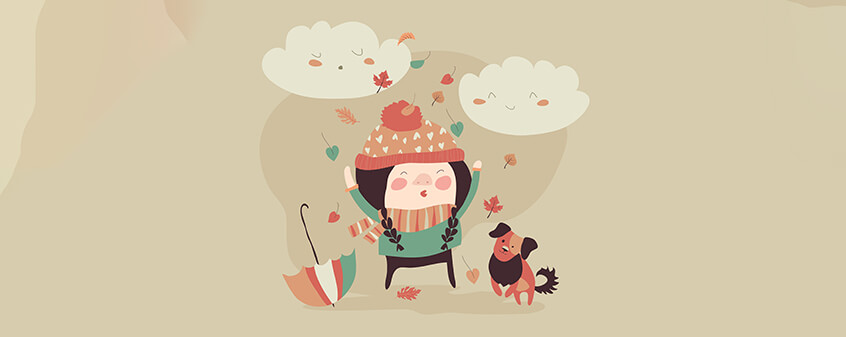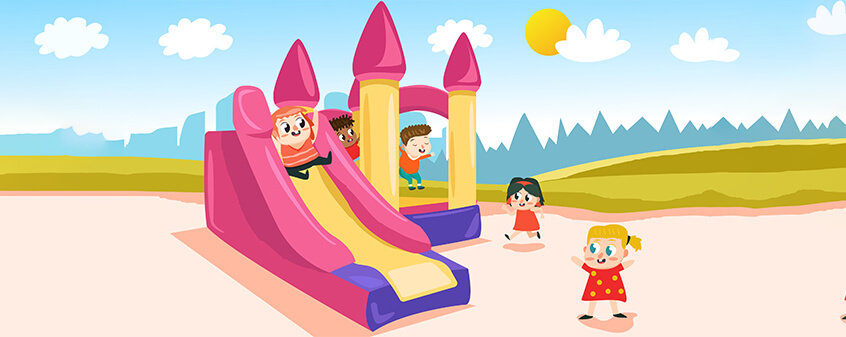Many parents tell me that the system of rewards is like ‘bribery’. Then I tell them, ‘Do you feel getting paid by your employer is bribery? Why do you then work for money? Only because the money is needed to run your home or because you feel your effort is getting its due respect?’
Reward is encouraging and we work hard for it because it tangibly acknowledges our efforts. So we cannot really complain if a similar system works well for our children. The world of action is rich with meaning and the examples are too numerous to mention here. Reward them for good deeds done.
It’s not bribery.
How to reward?
Boys are natural risk-takers—encourage them In their growing up years, and until they are well into their teens, it will be difficult for you to keep your house in order because your boys will turn it into an indoor sports centre. Your dining table will turn into a TT table, the passage from the hall to your bedroom their cricket pitch, and the whole house their football ground. Even their father will join in their activities for old times’ sake. What can you do? Precious little indeed. Encourage them to slow down a little (chances are they won’t listen). It is, after all, their male hormone, testosterone, speaking. They will be a little aggressive compared to girls. So you will have to learn to tolerate the behaviour or be prepared to be frustrated. But this too shall pass. Only the empty nest with its cracked glasses and damaged music system will stand as mute mementoes of their growing up years.
Experts say taking risks lights up the pleasure centres of their brains. That is why most parents say they have to keep a closer eye on what a son is ‘getting into’, or use more bandages, or keep the orthopaedic’s cell number handy until they are at least out of school. But letting kids explore—at the cost of a few scrapes and cuts—helps build their character, self-confidence, resilience, and self-reliance. Let them take risks. Somewhere down the line it’ll be of use when they have to take strategic decisions at the spur of the moment and will have no one to turn to.
For your girl child
Girls are apprehensive—persuade them to take more risks
Girls generally take safe risks or no risks at all. That is why you need to look for opportunities for your daughter to jump off a wall, swim in the deep end, or try the bigger slide till she is in her tweens. Encourage her to take more risks and push the horizon further. Later on they will be glad they did. Girls focus more on feelings. They are auditory learners. So if you speak to them about how you want them to behave and are able to attach an emotion to the behaviour you will find that they respond faster. If you tell your girl, ‘Sheela will be happy if you played along with her, instead of pushing her away’, you will find her reacting to this better than if you tell her, ‘Why can’t you just play with Sheela?’ Whereas with your boy you may say, ‘Imagine how much fun it will be when Tony and you play together! Which of your toys can he play with?’
Constructive criticism helps girls. They are more aware of what people think of them. Hence, do not reprimand them in public. Speak to her in private if you feel she has done something wrong. Give them a choice between tasks like clearing the dinner table or doing the beds. This gives them the power to choose. Research has proven that boys and girls have different bio-behavioural responses to risk-taking, which are to some extent due to the underlying hormonal differences between the two sexes. Boys take risks to move towards a danger to explore it, which is called fight response. It gives them a thrill. Alternatively they run away, which is their flight response.
Girls are more likely to turn to others for support to defend themselves from perceived threats. They are generally guided by the ‘tend-and-befriend’ response. The ‘tend and befriend’ response is a woman’s (or a girl’s) way of responding to stress. It has been observed that under stress, women don’t usually run away from situations. They try to tackle them by talking it out with their sisters or other women who have gone through similar situations.








